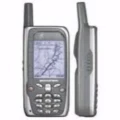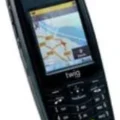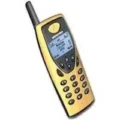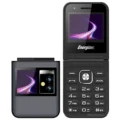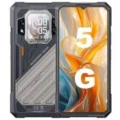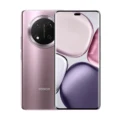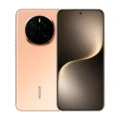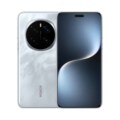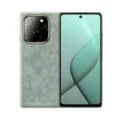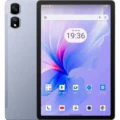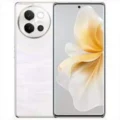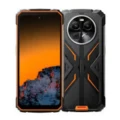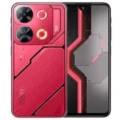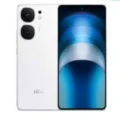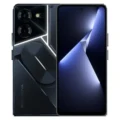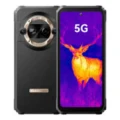Benefon Q
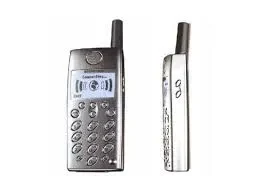

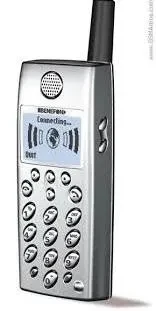
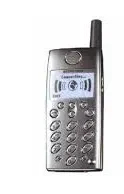
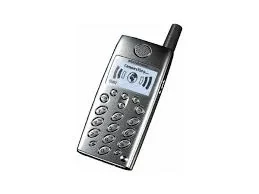
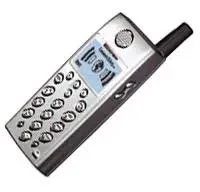
- : 620mAh
- :
- :
- : NO No video recorder
Discover the classic simplicity of the Benefon Q, a mobile phone that harkens back to the basics of communication. Launched in the year 2000, this device is a testament to the era of monochrome displays and straightforward functionality.
This mini-SIM phone prioritizes essential functions without the complexities of modern smartphones. It lacks a camera, Bluetooth, and WLAN, focusing instead on core features like SMS and Email, supported by WAP 1.1 and HTMP (MS) for basic internet browsing.
The Benefon Q’s user interface is designed for ease of use, featuring dynamic and user-selectable font sizes powered by electro-luminescent lighting for optimal visibility. The phonebook can store up to 50 contacts, and the call record keeps track of 10 dialed, received, and missed calls each.
Sound-wise, the Benefon Q offers vibration alerts and downloadable monophonic ringtones, but it does not include a loudspeaker or a 3.5mm jack, maintaining its minimalist approach. Users can personalize ringing melodies, ascending alerts, and choose from several SMS alert tones and tone levels.
For its power source, the Benefon Q relies on a removable Li-Po 620 mAh battery, providing up to 100 hours of standby time and up to 3 hours of talk time. An alternative lithium-ion 650 mAh battery option extends standby to 120 hours and talk time to approximately 5 hours and 20 minutes.
The phone also includes a few built-in games, predictive text input, an organizer, and phone ON/OFF timers, adding a touch of convenience and entertainment.
In essence, the Benefon Q is a mobile device that strips away the frills and focuses on the fundamental purpose of a phone – to keep you connected. It’s a reliable choice for anyone who values the uncomplicated and efficient communication of yesteryears.
Specs
Network
| 2G Network GSM 850 / 900 / 1800 / 1900 - SIM 1 & SIM 2 (dual-SIM) CDMA 800 / 1900 |
GSM 900 / 1800 |
LAUNCH
| Announced | February, 2026 |
| Status |
Discontinued |
BODY
| Dimensions | 100 x 46 x 18 mm, 74 cc (3.94 x 1.81 x 0.71 in) |
| Weight | 89 g (3.14 oz) |
| SIMs SIM (Subscriber Identity Module) is a small card that contains mobile network subscriber's account information. This allows the phone using the card to attach to a mobile network. The SIM card is most commonly associated with GSM and UMTS mobile networks. Moving a SIM card from one phone to another allows a subscriber to switch mobile phones without having to contact their mobile network carrier. SIM cards can also be used by a phone to store limited amounts of data, such as phone numbers and text messages. |
Mini-SIM |
Display
| Display Type Display Technology => A number of display technologies and types used in mobile phones => TFT (Thin Film Transistor), IPS (In-Place Switching), OLED (Organic Light Emitting Diode), AMOLED (Active-Matrix Organic Light-Emitting Diode), Super AMOLED (an even advanced version of AMOLED), Resistive Touchscreen (Resistive touchscreens contain two layer of conductive material with a very small gap between them which acts as a resistance), Capacitive Touchsceen (Capacitive touchscreen technology consists of a layer of glass coated with a transparent conductor) | Monochrome graphic |
| Resolution | 100 x 48 pixels, 6 lines Electro-luminescent lighting Dynamic & user-selectable font size |
PLATFORM
MEMORY
| Card Slot Memory Card Slot is a special slot for inserting a memory card. Memory cards allow you to expand the phone's built-in memory, A memory card (sometimes called a flash memory card or a storage card) is a small storage medium used to store data such as text, pictures, audio, and video, for use on small, portable or remote computing devices such as mobile phones, mp3 players, digital cameras. | No |
MAIN CAMERA
| Cameras Specs Today’s smartphones come equipped with a very comprehensive set of camera related specifications. Our smartphone, for many of us, has become our primary camera due to it being the one we always have with us. |
No |
SELFIE CAMERA
SOUND
| Loudspeaker | No |
| 3.5mm jack |
No |
COMMS
| WLAN |
No |
| Positioning |
No |
| Bluetooth Bluetooth is a wireless communications technology for exchanging data between mobile phones, headsets, computers and other network devices over short distances without wires, Bluetooth technology was primarily designed to support simple wireless networking of personal consumer devices. | No |
| Infrared Infrared connectivity is an old wireless technology used to connect two electronic devices. It uses a beam of infrared light to transmit information and so requires direct line of sight and operates only at close range. | |
| USB | No |
| NFC NFC (Near field communication) is a set of standards for smartphones and similar devices to establish peer-to-peer radio communications with each other by touching them together or bringing them into proximity, usually no more than a few inches. | |
| Radio |
Features
BATTERY
| Battery Type Battery Type => Cell phones run on various kinds of batteries depending on the manufacturer, phone size or shape and features. There are basically four types of cell phone batteries => Lithium Polymer, Lithium Ion, Nickel Metal Hydride and Nickel Cadmium. | NiCd (Nickel Cadmium) |
| Capacity Battery Capacity is a measure (typically in Amp-hr) of the charge stored by the battery, and is determined by the mass of active material contained in the battery. The battery capacity represents the maximum amount of energy that can be extracted from the battery under certain conditions. | 620 mAh |
| Placement | Removable |
MISC
| Colors |
Silver |
TESTS
Reviews
Disclaimer Note
We strive to maintain accurate and up-to-date content on our website for general information purposes only. Please refrain from using the material for business, legal, or any other decisions.


